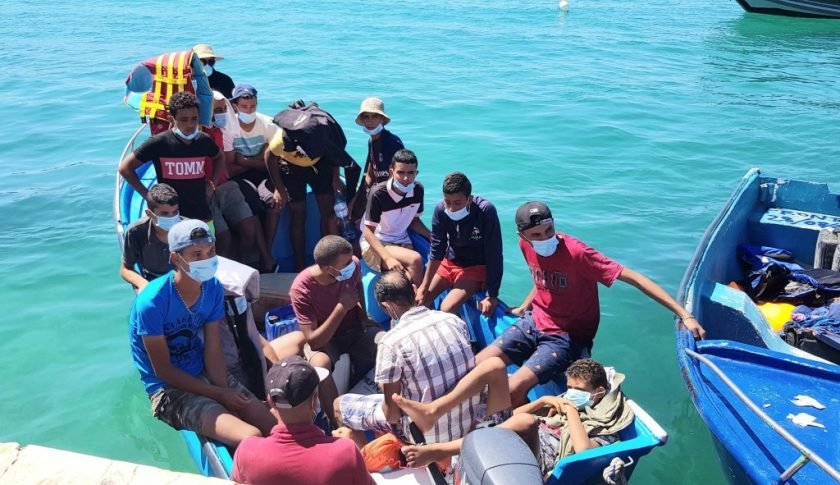Guided by a landmark World Health Organization (WHO) framework, Tunisia is positioning itself at the forefront of a regional movement to shield public health from the escalating impacts of the climate crisis. The country’s proactive efforts, from finalizing a national health adaptation plan to leading global climate negotiations, signal a significant shift from policy planning to tangible action.
The push is anchored by the WHO’s Regional Framework for Action on Climate Change, Health and Environment (2023-2029), endorsed in October 2023, which provides a roadmap for building climate-resilient health systems across the Eastern Mediterranean. While progress is uneven across the region, Tunisia is emerging as a key driver of change.
A cornerstone of Tunisia’s strategy is the recent finalization of its health national adaptation plan (HNAP), which has been formally integrated into the country’s broader climate strategy. This move places Tunisia in an elite group within the region, alongside Jordan and Morocco, that has developed such a targeted blueprint for protecting citizens from climate-related health threats, ranging from heatstroke and vector-borne diseases to food and water insecurity.
The nation’s influence on the global stage was also cemented when it led negotiations at the recent COP29 climate summit, a first for any country in the region. This prominent role underscores the Eastern Mediterranean’s growing voice in international climate discourse, with health security becoming a central pillar of its advocacy.
“The climate crisis is a health crisis, and we are seeing its effects every day,” said a public health official familiar with Tunisia’s efforts. “Finalizing our national adaptation plan is not just a bureaucratic exercise; it’s a commitment to building a health system that can withstand the shocks and stresses of a changing climate.”
Despite these advances, challenges remain. A WHO report indicates that across the entire region, only 12 countries have updated their climate-health profiles, and a mere three have implemented climate-resilient measures in health facilities—a statistic that highlights the gap between planning and on-the-ground implementation.
To bridge this gap, the WHO has mobilized $1.8 million to support regional initiatives, funding capacity-building workshops and technical support in countries including Tunisia. The upcoming Seventy-second session of the WHO Regional Committee is set to discuss the first concrete action plan (2026-2030), which aims to consolidate this shift from framework to action.
As the world looks toward COP30 in Brazil, Tunisia’s progress offers a model for other nations in the region. By translating international frameworks into national plans and asserting leadership on the global stage, the country is demonstrating a determined path toward securing the health of its population in a warming world.
TunisianMonitorOnline (NejiMed)




